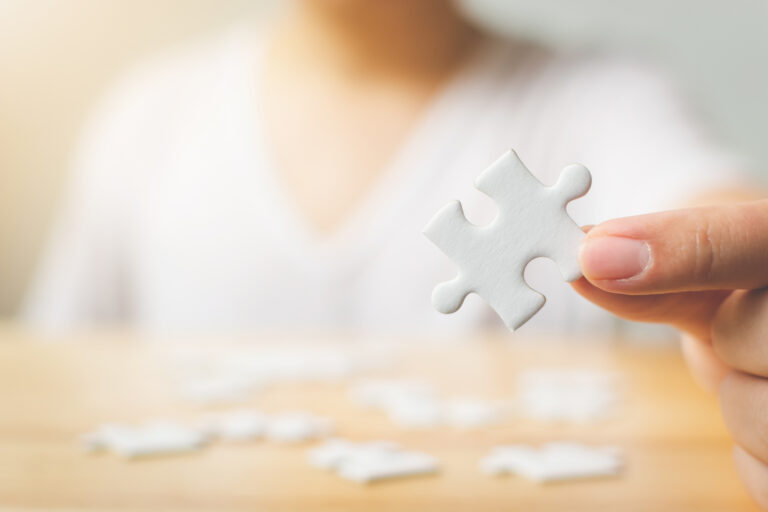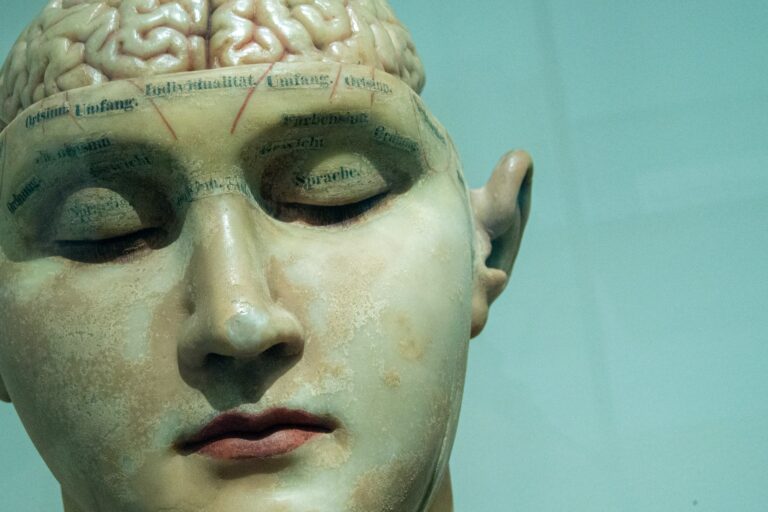## Should You Eat Before Taking Melatonin?
Melatonin is a hormone your body naturally makes to help regulate sleep. Many people take melatonin supplements to help with sleep problems, but a common question is whether you should eat before taking it. The answer isn’t simple—it depends on your goals, your body, and what you eat. Here’s a detailed, easy-to-understand look at the science and practical advice.
## What Is Melatonin and How Does It Work?
Melatonin is often called the “sleep hormone.” It’s made by your brain’s pineal gland, mostly at night, in response to darkness. Melatonin tells your body it’s time to sleep by lowering body temperature and making you feel drowsy. Supplements can help if your body doesn’t make enough melatonin, or if your sleep schedule is off (like with jet lag or shift work).
## Does Food Affect Melatonin Absorption?
There’s no strong scientific evidence that eating a meal right before taking melatonin changes how well your body absorbs it. Most melatonin supplements are absorbed quickly, usually within 30 minutes to an hour. Eating a large, heavy meal might slow down absorption a bit, but for most people, this isn’t a big deal. However, some foods naturally contain melatonin or help your body make it, which might affect how you feel.
## Foods That Naturally Contain Melatonin
Some foods have small amounts of melatonin. For example, tart cherries and cherry juice have been shown to increase melatonin levels in the body and may help improve sleep quality[3][4]. Kiwi, oats, and milk also have compounds that might help with sleep, though the amounts are much lower than in supplements[4]. Eating these foods in the evening could give your body a little extra melatonin, but it’s usually not enough to replace a supplement if you have serious sleep problems.
## How Food Timing Affects Sleep
What you eat and when you eat it can affect your sleep, even if you’re not taking melatonin. Eating a big, heavy meal right before bed can make it harder to fall asleep because your body is busy digesting[2]. Foods high in animal protein (like meat, fish, or eggs) contain an amino acid called tyrosine, which helps your body make dopamine—a chemical that keeps you awake and alert[2]. That’s why some experts suggest eating lighter, plant-based meals in the evening, which are easier to digest and contain tryptophan, an amino acid that helps your body make serotonin, a calming neurotransmitter that can help you sleep[2].
## Practical Advice: Should You Eat Before Taking Melatonin?
– **If you take melatonin on an empty stomach**, it may work a bit faster, but for most people, the difference is small.
– **If you take melatonin with a small snack**, especially one with complex carbs or a little protein, it’s unlikely to cause problems and might even help you relax.
– **Avoid heavy, fatty, or large meals close to bedtime**, whether or not you’re taking melatonin, because they can disrupt sleep by keeping your body busy digesting[2].
– **If you have digestive issues or take other medications**, talk to your doctor, as food can sometimes affect how medicines work.
## Special Cases and Considerations
– **Children and people with certain health conditions** may respond differently to melatonin. For example, melatonin has been shown to help children with neuropsychiatric disorders fall asleep faster and sleep longer[5]. Always follow your doctor’s advice for dosing and timing.
– **If you’re using melatonin for jet lag or shift work**, timing is more important than food. Take melatonin when you want to signal to your body that it’s time to sleep, regardless of meals.
– **If you’re trying to boost melatonin naturally**, consider eating foods like tart cherries, kiwi, or oats in the evening, but don’t expect the same effect as a supplement[3][4].
## Myths and Misunderstandings
Some people think you must take melatonin on an empty stomach for it to work, but there’s no strong evidence for this. Others believe certain foods will block melatonin, but unless you’re eating a huge amount of tyrosine-rich foods (like a steak dinner), this is unlikely to be a problem for most people[2]. The most important thing is to create a relaxing bedtime routine and avoid anything that stimulates your brain or body right before sleep.
## What Do Experts Say?
Most sleep experts agree that the timing of your melatonin dose is more important than whether you’ve eaten. Take melatonin 30 minutes to an hour before you want to sleep, and avoid bright lights and stimulating activities. If you have trouble sleeping, look at your overall diet and sleep habits, not just melatonin or food timing.
## Final Thoughts
Eating before taking melatonin is generally fine, as long as you keep meals light and easy to digest. Heavy, fatty, or large meals can disrupt sleep no matter what. If you’re using melatonin for a specific sleep problem, follow your doctor’s advice and pay attention to how your body responds. For most people, a small, healthy snack with melatonin is unlikely to cause problems and might even help you relax.
## Sources
[1] ClinicalTrials.gov – Effect of Fruit Elicitation With Melatonin on Human Health
[2] Yuka – What should you eat to optimize your sleep?
[3] PMC – The Effect of Tart Cherry on Sleep Quality and Sleep Disorders
[4] Sleepless in Arizona – Bedtime Snacks To Help You Sleep
[5] Neurology Advisor – Melatonin Improves Sleep Outcomes in Children With Neuropsychiatric Disorders





